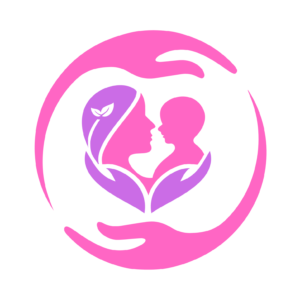Mood swings during pregnancy are common and mainly caused by sudden changes in hormone levels, particularly estrogen and progesterone. These hormonal fluctuations affect brain chemicals that regulate mood, leading to rapid emotional changes such as joy, anxiety, irritability, or sadness. Mood swings tend to be most prominent in the first trimester and again late in the third trimester as the body prepares for labor.
Other factors contributing to pregnancy mood swings include fatigue, sleep deprivation, morning sickness, physical changes, and anxiety about the pregnancy and impending motherhood. It is normal to experience a range of emotions, but persistent sadness, hopelessness, or symptoms of depression should be discussed with a healthcare provider to ensure proper support and treatment.
Mood swings can manifest as sudden episodes of anger, crying, laughter, or worry, and can vary widely among individuals and even between pregnancies for the same woman. These emotional changes are usually temporary, and most women find their mood stabilizes as pregnancy progresses.
In summary, pregnancy mood swings are caused by:
- Hormonal surges (estrogen and progesterone)
- Fatigue and sleep issues
- Physical and emotional stresses related to pregnancy
- Anxiety and worries about motherhood
If mood swings are severe or lead to persistent depression symptoms, professional help should be sought.
